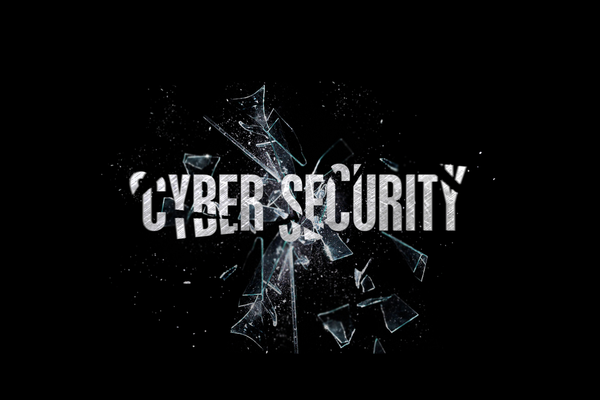Cyber Bullying, From Name Calling to Gang Harassment, Affects Most Children

The Internet can be a dangerous place for the young, exposing them to e-threats such as malware, phishing schemes, pornography or material promoting the use of drugs and violence, among others.
Perhaps the most pervasive threat, though, is cyber-bullying- threats, harassment, humiliation and other torment from another child or teen using digital technology such as text messaging, e-mail or instant messaging.
This study focuses on assessing the frequency and context of cyber-bullying. A sample of 1,740 parents from five countries was used. The parents were interviewed about their children’s Internet habits, especially those that reflect contact with virtual friends.
Results
The first step was to find the age of the children/teenagers and the time they spend online.
Three major age-classes of children/adolescents were obtained: 7-10 years (13%), 11-15 years (47%) and 15-18 years (40%).
The time spent online was analyzed using these age classes.
The survey found that 7-10 year children spend an average of less than one hour on Internet daily, while 15- to 18-year-olds spend more than one hour and less than three hours per day online. The most time spent online is by the 2nd age class: 11-15 year-olds.
The parents were also asked about their children’s friends. Do they know them? Who are they?
87% of parents said they met 65 percent of their children’s virtual friends. The other 35% are just “virtual” – the respondents don’t know them in real life (didn’t interact directly with them). Most of their children’s friends are schoolmates and relatives, while some are individuals they know only in the virtual environment.
Regarding activity on the Internet, 16-18 year adolescents do various research projects for homework (43%) and hang out on social networks (31%) while most 11-15 year-olds chat using instant messaging platforms (87%).
However, the danger of socializing with inappropriate persons shows its ugly face regularly: 89% of the parents recognized that theirchildren had been threatened, harassed or humiliated on the Internet. Moreover, 54% admitted that their kids had been very affected by these incidents. As a consequence of these cyber-bulling events, the children became sad, angry, violent, or apathetic. 19 % of parents sought specialized help for their children.
No private information or other content arising or deriving from this inquiry has been collected. No data or confidential information pertaining to individuals or companies was or will be disclosed, used for any other purposes or against the persons who revealed it.
All product and company names mentioned herein are for identification purposes only and are the property of, and may be trademarks of, their respective owners
tags
Author
Sabina Datcu, PhD has background training in Applied Informatics and Statistics, Biology and Foreign Languages and Literatures.
View all postsRight now Top posts
How to Protect Your WhatsApp from Hackers and Scammers – 8 Key Settings and Best Practices
April 03, 2025
Outpacing Cyberthreats: Bitdefender Together with Scuderia Ferrari HP in 2025
March 12, 2025
Streamjacking Scams On YouTube Leverage CS2 Pro Player Championships to Defraud Gamers
February 20, 2025
How to Identify and Protect Yourself from Gaming Laptop Scams
February 11, 2025
FOLLOW US ON SOCIAL MEDIA
You might also like
Bookmarks







